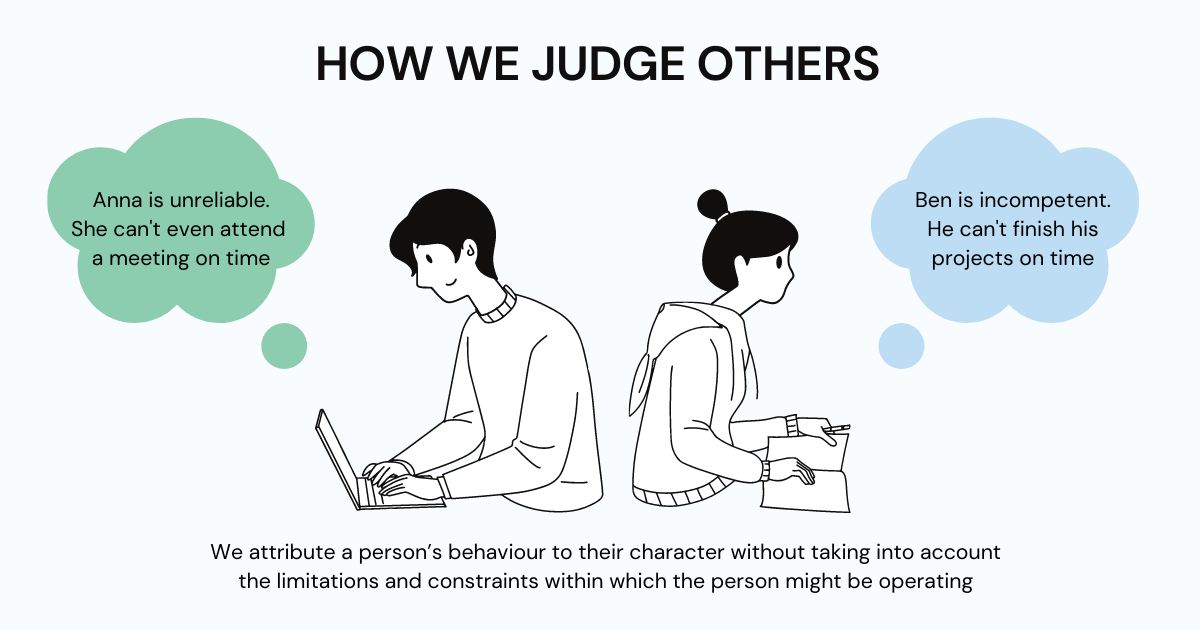"I knew this release was bound to fail. We shouldn't have hurried." If you ever heard a Scrum Master mentioning this, he/she could be under the influence of a "hindsight bias." Another scenario is when an Agile team agrees blindly with a confident-sounding (and looking) Product Owner without empirical evidence, they may be subject to the "halo effect." Or, when a tester in good mood agrees to execute 40% higher test cases than their previous average, the tester may be experiencing "optimism bias."
I know, some of you could now be thinking: "That is what Agile is all about. We need to try out and experiment. It could be wrong, but learn lessons from it." Agreed! But what about understanding the scientific reason for flawed decision-making, which if addressed appropriately, could minimize some of these errors? I am referring here to a psychological phenomenon called "cognitive Bias."


